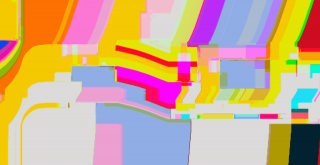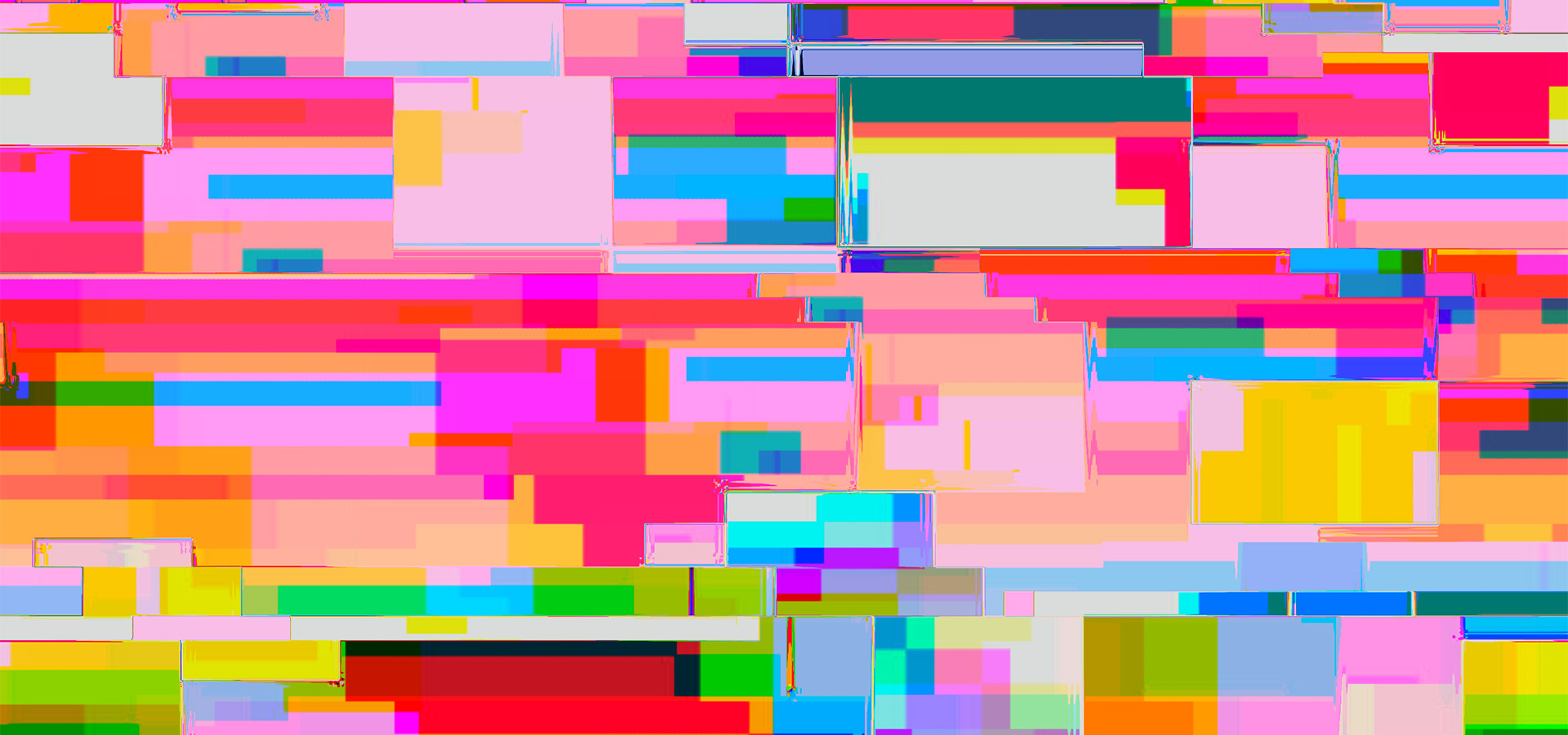The main exhibition of the 7th Tallinn Applied Art Triennial will be opened in the Estonian Museum of Applied Art and Design this Friday, 21 April. The opening weekend of the triennial will include guided tours at the main exhibition, but also artist talks. Prior to the opening of the main exhibition everyone is invited to take part in the seminar and extensive satellite programme.
The thematic main exhibition of the 7th Tallinn Applied Art Triennial features artists from Nordic countries, Central Europe, United Kingdom, Ireland, Spain, Israel, but also China, Taiwan, USA and Canada. Their artworks reflecting on the concept of time were chosen to the exhibition out of 256 works submitted to the open call. The exhibition includes ceramics, jewellery, glass, textile and blacksmithing, but also video and large-scale installations.
It is also possible to visit the main exhibition in the Estonian Applied Art and Design Museum (Lai 17) with a tour guide. The first guided tours will take place on Saturday, 22 April at 11.00 (in Estonian) and at 16.00 (in English) and on Sunday, 23 April (in Russian). To participate in the guided tour museum ticket is required; the duration of the tour is approximately an hour.
On Saturday, 22 April everyone is welcome to meet the artists taking part of the main exhibition. From 12.00–15.00 the artists will be giving presentations at the Loewenschede tower (Kooli 7).
In addition to the main exhibition the triennial features an extensive satellite programme. This week alone will include 10 solo and group exhibition openings, as well as sound and participatory installations, a glass art project taking place in various cafés in Tallinn, a seminar on art mediation and many other events. To get more information on the opening weekend programme, see here.




